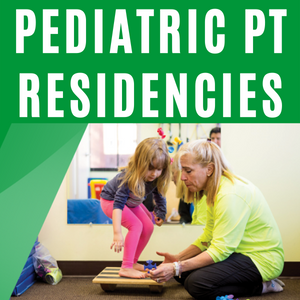Back
Understanding Cultural Values to Support Parents of Infants & Young Children in Early Intervention Physical Therapy

Cathron B. Donaldson, PT, DPT, PCS
Assistant Professor, Physical Therapy
Russell Sage College
Clifton Park, New York, United States
Purpose: This project was directed at community wellness of a specific cultural group, the Navajo American Indians. The purpose was to develop a culturally respectful, collaborative education model for Navajo American Indian parents and caregivers on activities to promote infant development with safe and appropriate use of commonly used baby equipment – specifically, traditional cradleboards and modern baby walkers. These types of equipment are commonly used by Navajo parents and have potential to impact infants’ development, with potential concerns for plagiocephaly and developmental hip dysplasia from use of cradleboards and safety concerns from use of baby walkers, thus necessitating educational interventions by physical therapists working with Navajo infants. To develop this education model, objectives of this project were: 1) to develop an understanding of Navajo cultural and spiritual beliefs that influence infant caregiving practices related to use of baby equipment; 2) to collaborate with Navajo educators, providers, and family members to develop culturally sensitive and relevant education materials to address barriers to safe use of equipment and provide alternatives; and 3) to determine acceptability and effectiveness of education for Navajo families and providers to assist with increasing knowledge and changing practices.
Description: Through collaboration with Navajo members and interviews with families, researchers learned of traditional and spiritual beliefs associated with use of traditional cradleboards and modern baby walkers. This information was used to guide development of parent education materials that are culturally sensitive to Navajo parenting practices while providing information to guide safe use of equipment to enhance infant motor development. Although this project was initially aimed at parents of infants participating in a local early intervention program, the materials are relevant to the wellbeing and development of all Navajo infants.
Summary of Use: Physical therapists can use this information to assist them in how to best interact with and educate families of different cultural groups in order to impact change in caregiving practices. The methods used to respectfully learn of cultural parenting practices and use this knowledge in development of culturally relevant educational materials are applicable to therapists working with various unique cultural groups.
Importance to Members: As part of family-centered care, therapists need to educate parents and caregivers in activities to minimize risks and optimize outcomes. Because cultural identity influences caregiving practices, education needs to be culturally relevant to effect change. Therapy education materials that are culturally relevant have the greatest ability to motivate a change in caregiving practice to improve outcomes.
Description: Through collaboration with Navajo members and interviews with families, researchers learned of traditional and spiritual beliefs associated with use of traditional cradleboards and modern baby walkers. This information was used to guide development of parent education materials that are culturally sensitive to Navajo parenting practices while providing information to guide safe use of equipment to enhance infant motor development. Although this project was initially aimed at parents of infants participating in a local early intervention program, the materials are relevant to the wellbeing and development of all Navajo infants.
Summary of Use: Physical therapists can use this information to assist them in how to best interact with and educate families of different cultural groups in order to impact change in caregiving practices. The methods used to respectfully learn of cultural parenting practices and use this knowledge in development of culturally relevant educational materials are applicable to therapists working with various unique cultural groups.
Importance to Members: As part of family-centered care, therapists need to educate parents and caregivers in activities to minimize risks and optimize outcomes. Because cultural identity influences caregiving practices, education needs to be culturally relevant to effect change. Therapy education materials that are culturally relevant have the greatest ability to motivate a change in caregiving practice to improve outcomes.

.png)
.png)
.png)
.png)
.jpg)
.png)
